Morocco Student Visa
Morocco provides a unique blend of cultural experiences, beautiful landscapes, and respected universities, making it an excellent choice for students from around the world. Before you get started on your journey, it’s important to understand the steps required to obtain aMorocco Student Visa. This guide will help you navigate the process with ease.
What is a Morocco Student Visa?
A Morocco Student Visa allows international students to live and study in Morocco legally. It is issued to individuals admitted to recognized Moroccan universities or institutions. The visa ensures compliance with immigration laws and typically covers the duration of the academic program. To obtain it, applicants usually have to provide proof of enrollment, valid identification, and financial support through their local Moroccan consulate or embassy.
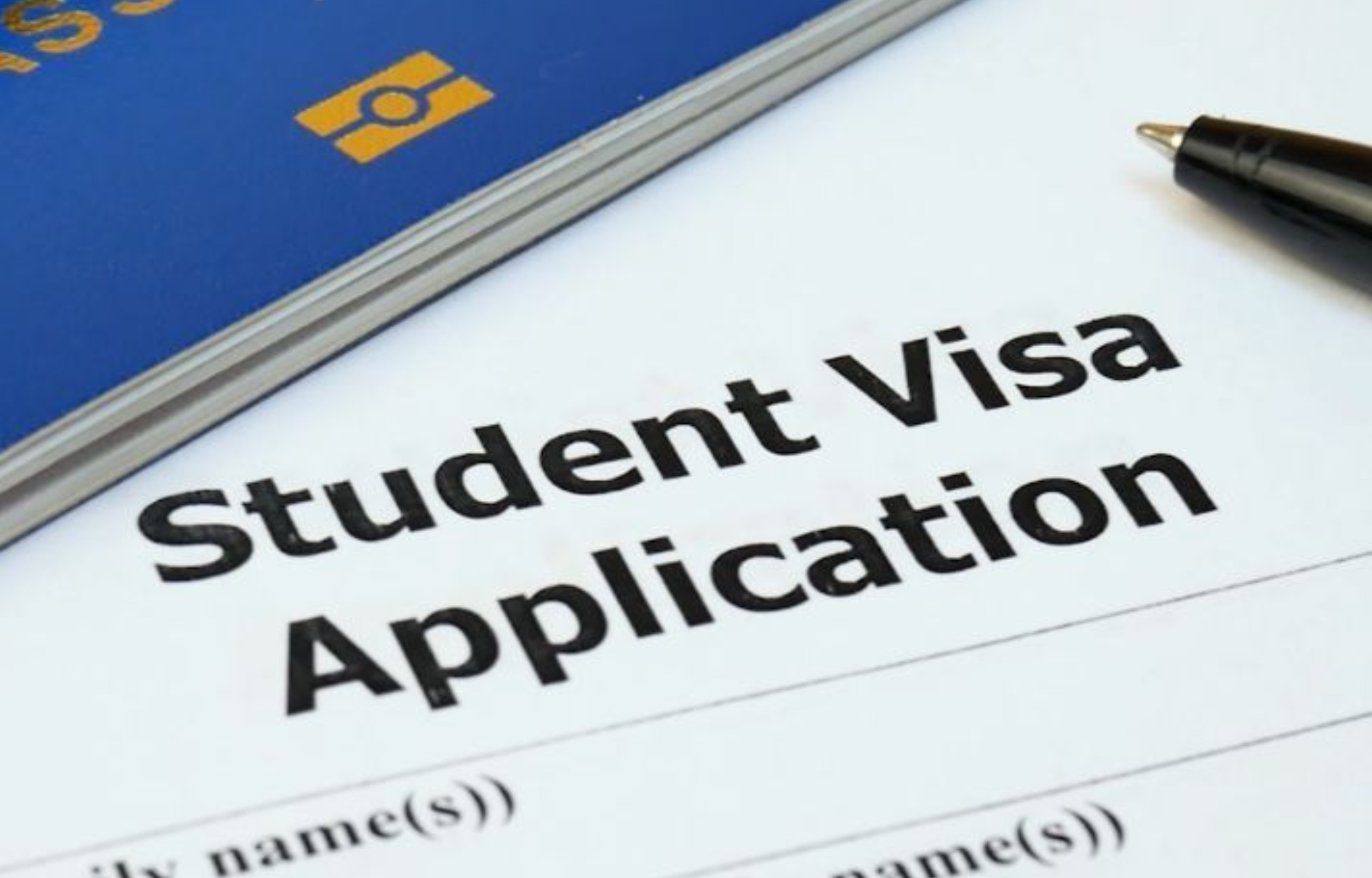
Validity of the Morocco Student Visa
The validity of a Morocco student visa generally corresponds to the duration of your course. Typically, the student visa for Morocco is valid for up to 3 years.
Required Documents for a Morocco Student Visa
When applying for a Morocco Student Visa, your documentation is the backbone of the process. Missing or incomplete documents might result in delays or even rejections.
Here's a comprehensive list of paperwork you’ll need to ensure a seamless application:
General Documentation Requirements
-
Entry Visa Application Form
A filled-out student visa application form must be completed accurately. Double-check for any errors before submission.
Download: Morocco Student Visa Application Form
-
Passport Requirements
- Your passport, which must be valid for a duration longer than your intended stay.
- Include a photocopy of the passport pages showing your personal details and validity.
-
Identity Photos
Two colour identity photos on a white background (4x3 cm) are required. Verify that your facial features are easily visible.
-
Proof of Address
Submit a valid identity card, residence permit, or any document that verifies your address.
Specific Requirements for Students
-
Enrollment Certificate
- A certificate of enrollment or proof of a scholarship granted by the Agency for International Cooperation (AMCI) or another official organization financing education in Morocco.
- The applicant's name must be included in the official list of selected students or trainees communicated by AMCI to the appropriate Moroccan diplomatic or consular mission.
-
University or Institute Enrollment
- A certificate of enrollment in a Moroccan public university or higher education institute.
- For private institutions, a certificate of enrollment must also be provided. Note: Applications for private institutions may require preliminary approval from the Ministry of Foreign Affairs and International Cooperation, except for students attending major Moroccan schools approved by the relevant authorities.
-
Proof of Financial Means
- You must demonstrate adequate money to cover your tuition, living expenses, and other costs during your studies. Be cautious about submitting genuine documents, as authorities scrutinize for accuracy.
- You may also need to provide proof of payment of any tuition fees or other program-related fees.
- If you have been awarded a scholarship, you can provide a letter from the scholarship provider that shows the amount of the scholarship and the duration of the award.
-
Guarantor Commitment
If a guarantor in Morocco is supporting your stay, they must provide a notarized document that includes:
- Proof of regular residence in Morocco.
- Commitment to cover your accommodation and financial expenses.
- Agreement to adjust your residency status as a student with the General Directorate of National Security.
- Assurance to cover repatriation costs if you are expelled.
- Commitment to ensure you leave Morocco once your residence permit expires.
Note: If your program of study is in French or Arabic, you may need to provide proof of your proficiency in the language. This could include a language proficiency certificate or exam results.
How to Apply for a Morocco Student Visa
Step 1: Gather Required Documents
Ensure that all the necessary documents are prepared and complete, including those related to your identity, academic enrollment, financial means, and any required guarantees.
Step 2: Submit Your Application
Submit your application at the nearest Moroccan consulate or embassy, ensuring all documents are accurate and complete to avoid any delays.
Step 3: Attend a Visa Interview (If Required)
In some instances, you may be required to attend a visa interview. Be prepared to discuss your academic intentions, financial situation, and plans during your stay in Morocco.
Visa Fees for Morocco Student Visa
The cost of a Moroccan student visa usually varies depending on your nationality and other factors. Payments are generally made in the local currency. However, the exact cost may vary based on your nationality.
Make sure to check with the local Moroccan embassy or consulate for the most up-to-date information and payment instructions, as the fees may fluctuate slightly.
Processing Time for a Morocco Student Visa
The processing time for a Moroccan student visa typically ranges from 10 days to two weeks. However, the specific length can differ depending on the Official embassy or consulate handling your application.
While the visa process generally doesn't take long, it’s advisable not to wait until the final moment to apply. Unforeseen delays or missing documents could lead to a much longer wait than anticipated.
Life in Morocco as a Student
Studying in Morocco is a blend of academic growth and cultural discovery. Here's what to expect:
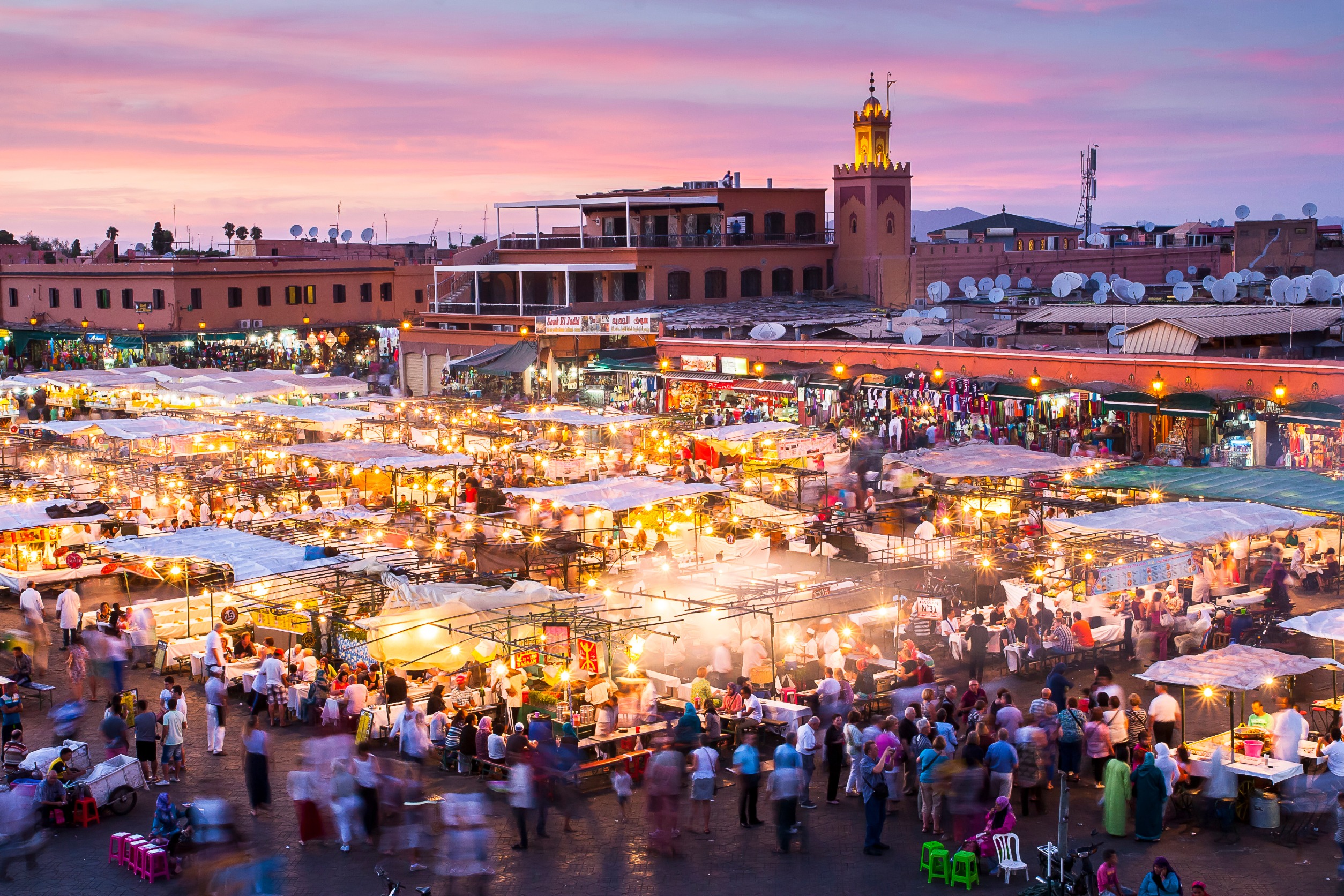
1. Cultural Immersion
Experience Morocco’s rich history and traditions influenced by Arab, Berber, and French cultures.

2. Affordable Living
Accommodation and food are budget-friendly, with options like street food and student housing making life affordable.

3. Academic Environment
Moroccan universities offer quality education, interactive learning, and opportunities to improve language skills, with many programs available in French, Arabic, and English.
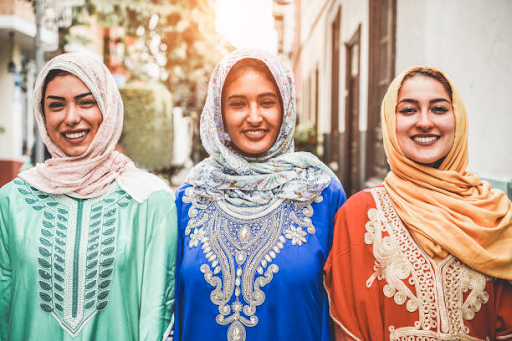
4. Friendly People
Moroccans are renowned for their warmth, which makes it simple for overseas students to feel encouraged and accepted.
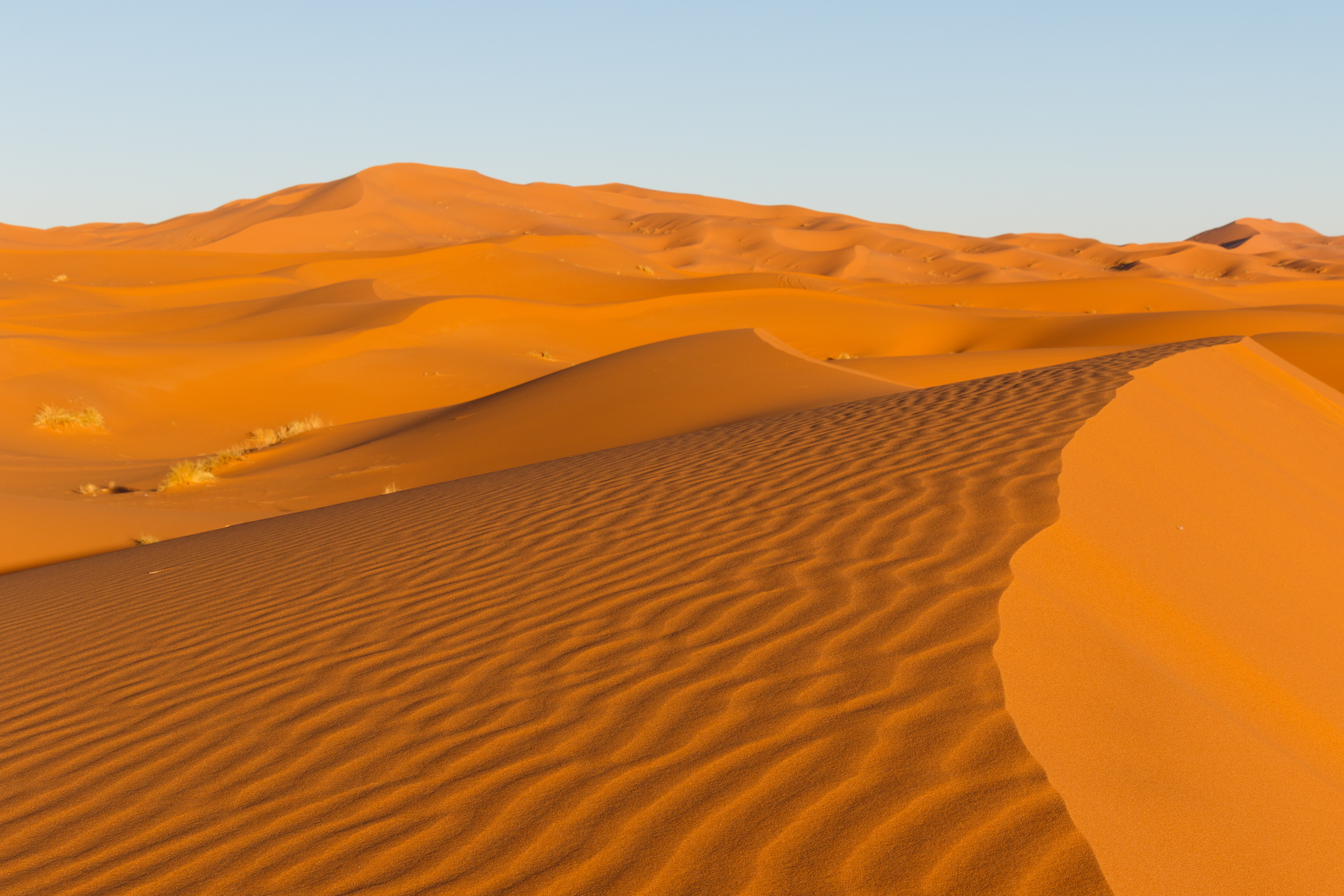
5. Travel Opportunities
Explore beaches, mountains, the Sahara Desert, and cultural landmarks during weekends or breaks.
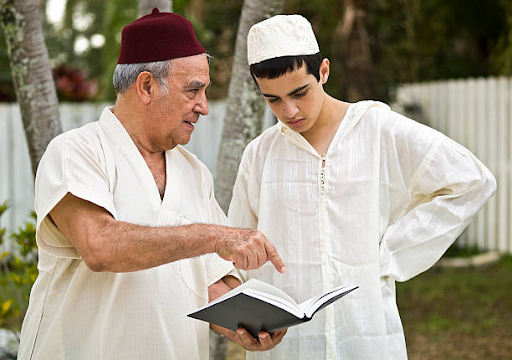
6. Language Tips
Basic knowledge of Arabic or French is helpful, though English is understood in universities and major cities.
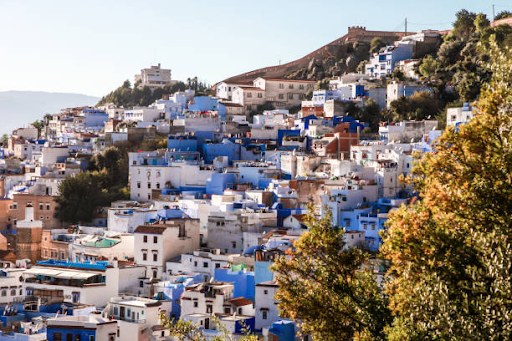
7. Adapting to Lifestyle
Life in Morocco is relaxed, with a slower pace in smaller towns. Embrace the rhythm and enjoy the journey.
Studying in Morocco is not just about academics but also about personal growth and cultural exploration!
Conclusion
Securing a Morocco Student Visa might seem daunting, but with the right preparation and guidance, it’s entirely manageable. Morocco offers a unique blend of academic excellence and cultural immersion, making it a top choice for students worldwide. Start your journey today, and don’t let paperwork hold you back!
Frequently Asked Questions
While a student visa primarily allows you to study, some part-time work might be possible. However, it's crucial to check with the Moroccan authorities and your university for specific regulations. Part-time work is often allowed, but it's essential to ensure it doesn't interfere with your studies.
Morocco offers a diverse range of student cities, each with its own unique charm. Among the most well-liked student cities are:
- Rabat: The capital city, known for its rich history and modern amenities.
- Marrakech: A vibrant city with a bustling medina and stunning architecture.
- Fes: A historic city with a well-preserved medina and renowned universities.
- Casablanca: A cosmopolitan city with a mix of traditional and modern culture.
Before travelling to Morocco, it's recommended that you consult with a healthcare expert or a travel clinic. While specific health requirements can vary, it's generally advisable to have standard vaccinations like hepatitis A and B, typhoid, and possibly rabies. Additionally, consider consulting with your doctor about malaria prevention measures, especially if you plan to travel to rural areas.
The cost of living in Morocco is relatively affordable compared to many Western countries. Costs, however, can differ based on your location of choice and lifestyle.
The best time to study in Morocco largely depends on your personal preferences. However, the academic year typically runs from October to June. The spring months (March-May) offer pleasant weather, perfect for exploring the country. Summertime can be very hot, particularly in desert areas.
While it's generally not possible to bring family members on a standard student visa, you might be able to apply for dependent visas for your spouse and children. This process often requires additional documentation and approval from the Moroccan authorities. For precise requirements and processes, it is recommended to check with the embassy or consulate in your place of residence.
Content Disclaimer: To ensure the accuracy of your travel plans, we recommend verifying all information with the relevant authorities, embassies, and airlines, even though this data was last updated in January 2025.


To help us improve